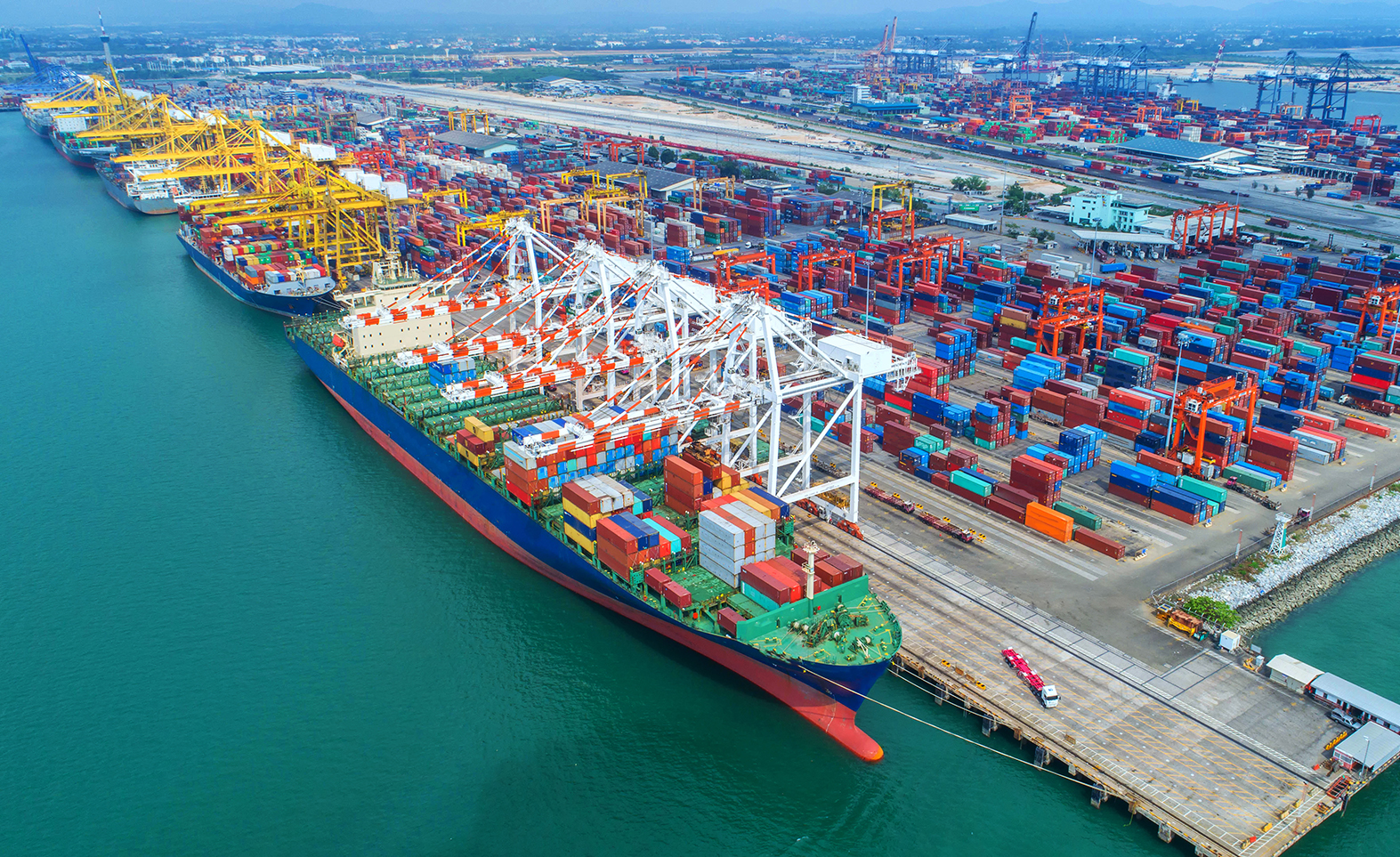
April 28, 2021
Existing instruments including the ASEAN-Japan Economic Resilience Action Plan are being refined for this objective.
Intra-ASEAN and Asia Pacific supply chains will be strengthened through trade barrier removal and investment portfolio enhancement.
The ICT ecosystem, domestic industries, cross-border trade protocols, human resource upskilling are key ASEAN- APAC priorities.
Gradual economic recovery among the Asian and ASEAN economies could help bolster global supply-demand security.

During the launch of the Supply Chain Resilience Initiative (SCRI) by India, Japan and Australia, the representatives looked to expand the list of participating countries given the impact of COVID-19 on the global supply chain and economies. The new round of discussions saw representatives attempt to bridge the gap between instruments like the India-Japan Industrial Competitiveness Partnership and the ASEAN-Japan Economic Resilience Action Plan, as Japan indicated an interest in including the ASEAN nations in the trilateral supply chain initiative. If finalized, the SCRI will be enhanced through the diversification of the investment portfolio, disaster management protocols and use of cutting-edge digitization to mitigate the impact of the pandemic.
Experts opine that the Asia-Pacific supply chain in its current status will require policy interventions to streamline irregularities and help firms become more competitive at a global level. Consensus will be required on the removal of barriers to trade and strategies to boost international investment from key partners. Global Value Chains are expected to be impacted on both the demand and supply fronts given the impact of the pandemic on Asian economies including South Korea and Japan, and the gradual pace of economic recovery. An October 2020 Joint Report by multiple stakeholders including the ASEAN Secretariat, Korea Institute for International Economic Policy and the Chinese Academy of International Trade and Economic Cooperation puts forth six recommendations to strengthen the Asia-Pacific supply chain:
There is also greater scope for the securing of production and sourcing mechanisms so as to reduce fragmentation and further disruption to the existing global supply chain.